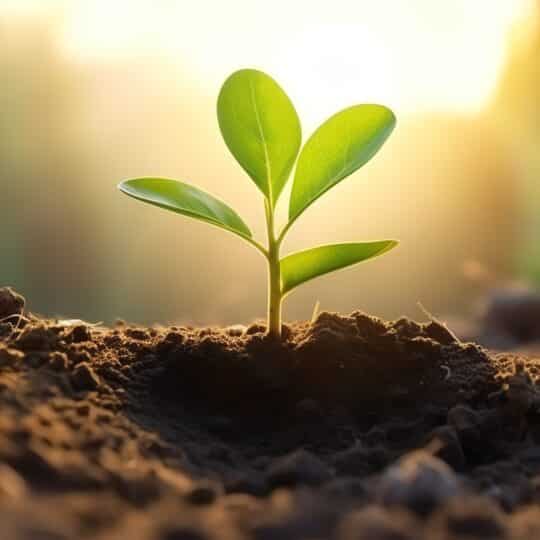Why You Should Plant Native Plant Species
Benefits for You & the Environment
Posted
February 15, 2024

While it’s lovely to think of majestic palms swaying in the breeze and shading a tropical oasis, it’s not practical to plant this type of tree in the backyard if you live in the Northeast of the United States. Sorry to burst your exotic bubble. However, there are plenty of other glorious options that benefit both you and the local environment. Native plants are not only easier to maintain, but they play a vital role in maintaining the integrity of the ecosystem. Here’s why.
The Importance of Native Plants
A native plant is an indigenous species that grows locally in an area. They may grow naturally, have developed in a specific location, or existed for many years. Because of this, native plants are the foundation of a local ecosystem. Surrounding wildlife has become reliant on the plants for food and habitats. By planting native species, we can help preserve biodiversity. If this isn’t reason enough why they deserve a central place in our landscapes, how about these reasons why they’re less work for you to grow.
- Born to thrive. Since native plants have already adapted to local conditions, they have an innate ability to thrive in this environment. They’re used to local soil types, climate patterns, and other environmental factors, making them resilient and low-maintenance choices for landscaping. A non-native species may require excessive water, fertilizers, and pesticides to survive—this means more work for you.
- Conserves water. The more an area is plagued by drought conditions, the more work it takes to help keep certain plants alive. Native plants have evolved to cope with fluctuating water levels, including deep root systems that help them access groundwater and store moisture during dry periods. By incorporating native species into our landscapes, we can conserve water resources, reduce irrigation needs, and contribute to the resilience of our communities in the face of climate change.
- Maintains healthy soil and controls erosion. The deep root systems of native plants help to bind soil particles together, reducing runoff and soil erosion during heavy rains. Native plants also contribute organic matter to the soil through decomposing leaves and roots, supporting the growth of beneficial soil microorganisms.
- Enhancing urban spaces. The more green spaces we lose, the more we encroach on local wildlife. Planting additional native species around our homes creates havens for pollinators, birds, and other wildlife that rely on these plants.
Add a Native Plant to Your Property
With so many benefits to you and the environment, incorporating native plants in your landscape should be an easy decision to make. If you need assistance in choosing the right plant or helping to ensure you pick the right spot to plant it, contact the specialists at Elite Tree Care today.